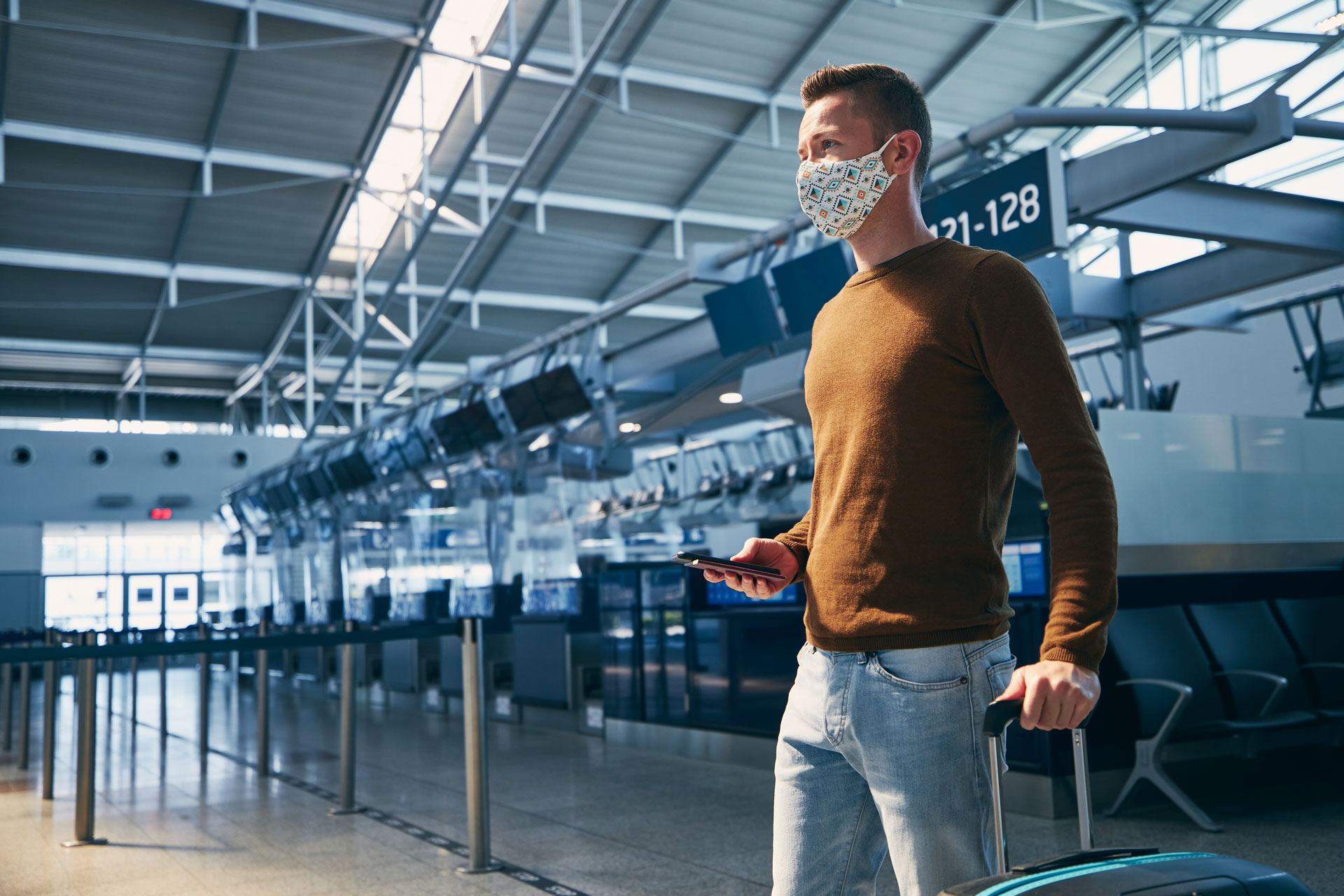Aviation Special: The Future Passenger Experience at the time of COVID-19
At last, we are seeing the very fragile first green shoots of recovery, with restrictions being eased and a, very limited number of planes back in the sky.
We have therefore taken an in-depth look at the future of the aviation passenger experience. What will happen at each stage of the journey, from pre-flight preparations, arrival at the terminal, check-in, security, the lounge, Food & Beverage and Duty-free, boarding, in-flight and arrival? Which are the latest industry guidance and the potential solutions airlines and airports could use to overcome the challenges presented? The future of air travel and the restrictions airports and airlines are putting in place to determine a safer way to travel. Over the past weeks, we have seen a gluttonous increase in people wanting to book flights and with that comes the responsibility from airlines, staff and airports to implement and follow strict protocols in order to encourage passengers to book flights. We all here of social distancing measures being enforced across all sectors, but this is a particularly grey area in the air travel industry. Airlines are being encouraged, where possible, to implement social distancing on the flight, but airlines are not capping the number of seats booked. Passenger safety is key and this will encourage the resurgence of air travel, pumping important funds back into this industry.
From the moment you book your flight, each passenger should expect numerous emails from the airlines outlining the do’ ts and don’ts of air travel. Passengers are expected to arrive earlier than normal, provide their own food, drink and entertainment and wear masks on the flight. Most importantly, there should be a comprehensive section in the email on hygiene, again coming back to the idea of reassuring clients that the aircraft will be thoroughly cleaned before boarding. Once you arrive at the airport, the check-in process will materially be different. Contactless methods of tagging luggage will be encouraged to minimise unnecessary contact with equipment. Once passengers get passed check-in which seems so uncomplicated, people have to get through security which seems the biggest hurdle to get past. How will airport staff minimise physical contact if your bag gets searched or you pass through the scanner and the buzzer goes off? Well, already we are seeing in some countries a centralised security system whereby staff are in an office controlling the hand baggage which could be for several airports at a time. This raises important topics that actually the technology is already in place and the new COVID secure system is just accelerating this. However, physical touch it seems will be inevitable if you are bleeped and there should be appropriate PPE equipment in place in order for the checks to be carried out as safely as possible. So, passengers have safely or as safe as possible gone through check-in and passed security, but how do people buy food and shop in duty-free at a social distance. Inevitably, contactless payments will be encouraged as well as limited seating in restaurants. In terms of buying duty free, there are already ideas in place on a click and collect system whereby you order duty free items via an app and they either get delivered to your home or holiday address. This will encourage a more environmentally friendly approach to air travel as there won’t be a need to add extra fuel for the excess weight.
Technology will untimely be the key for a safer way to travel as electronic boarding gates will encourage boarding at a safe distance. Expect airlines to be working with airports to stagger boarding times allowing less people to be confined to a small space. So, to get to the actual plane journey itself, passengers are encouraged to not generate conversations with the person next to them outside of family members, there will be limited access to the lavatory with dedicated crew member facilities. On long haul flights, there won’t be any passenger entertainment available (televisions included), but aircraft are experimenting with the idea of putting in place a good WIFI connection so that passengers can bring their own tablets.
There is also naturally a lot of talk about air quality, but the system planes have in place is the equivalent of an operating theatre, the air cleans itself every 2-3 minutes, raising an important argument that air quality is as clean as technology allows. The landing will be all about minimising dwell time with the possibility of checking temperatures upon arrival.
Passengers will ultimately see a change and we will all need strong motivation to travel.
However, a lot of the technology being implemented already exists pre-COVID so it’s just a case of accelerating the implementation and for airlines not be passive about the safety of passengers.






